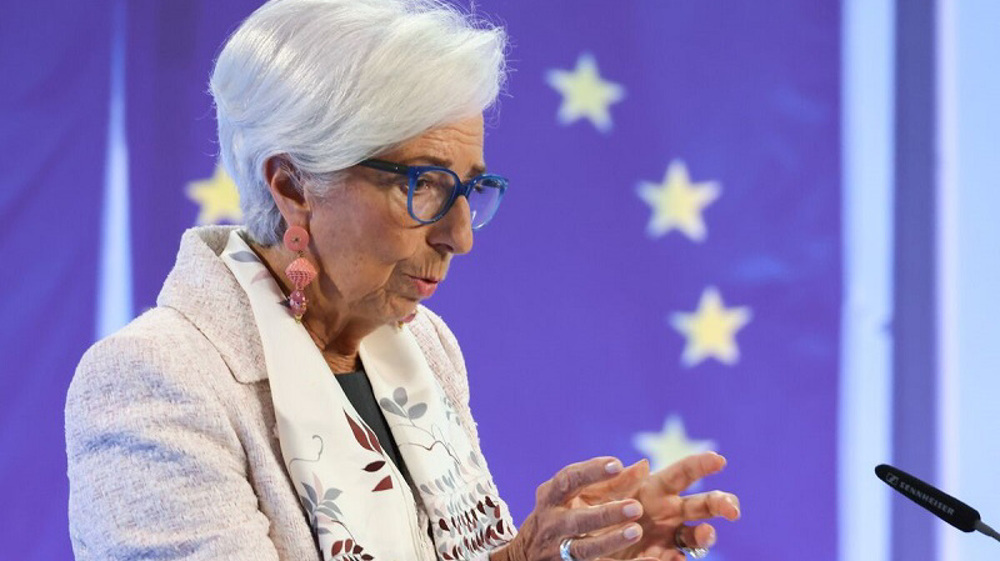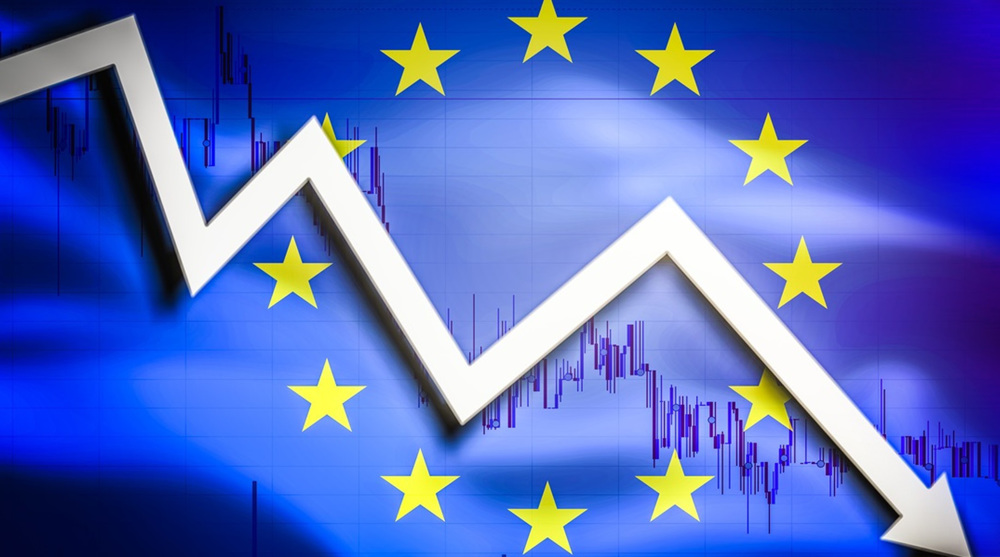Eurozone business activity sees sudden fall in October, goes from ‘bad to worse’
Eurozone business activity experienced a sudden decrease in October, amid a widespread downturn across the region, Purchasing Managers’ Index (PMI) has revealed on Tuesday.
The PMI score for October dropped to 46.5, below the September figure of 47.2, resulting in job losses.
The PMI score has now dropped for five successive months, and was declining at the fastest pace since November 2020.
“In the eurozone, things are moving from bad to worse,” said Cyrus de la Rubia, chief economist at the Hamburg Commercial Bank which partners with S&P Global for the PMI.
“We wouldn’t be caught off guard to see a mild recession in the eurozone in the second half of this year,” he said.
The figures indicate that private-sector activity in the eurozone is contracting at the quickest rate in ten years if the data from pandemic-affected months is excluded.
“Companies cut employment as a result, representing the first drop in headcounts since the lockdowns of early 2021,” S&P Global said in a statement giving the PMI survey result.
A significant portion of the activity in October was driven by companies finalizing their backlog of work and indicating a lack of anticipation for a near-term recovery. Additionally, the overall number of employees was reduced, marking the first decline since January 2021.
“Service providers’ hiring came almost to a standstill. Manufacturing companies are not just continuing to cut staff, they are ramping up job-shedding plans,” de la Rubia said.
The markets are also closely monitoring Israel’s ongoing genocidal war on the Gaza Strip which began earlier this month, indicating that the conflict could further escalate and result in a surge in oil prices.
France, the second largest economy in the eurozone, witnessed a deceleration in the decline of its services sector.
The outlook for the next 12 months among factory managers has diminished, as indicated by the future output index falling to 50.3 from 51.6, representing its lowest point this year.
Meanwhile, this resulted in a slump in PMI sentiment that was even more pronounced than that observed in Germany, the region’s largest economy.
“France and Germany have now respectively seen five and four months of falling output, while the rest of the eurozone as a whole has seen three straight monthly declines,” S&P Global said.
US vetoing of Gaza ceasefire resolution ‘disgraceful’: Iran’s UN envoy
VIDEO | IAEA adopts anti-Iran resolution tabled by E3
VIDEO | Iran's president urges Pope to help end Israel's onslaught in Gaza
Iran's senior legal official: ICC arrest warrant for Netanyahu ‘great victory'
Nov. 21: ‘Axis of Resistance’ operations against Israeli occupation
VIDEO | Israeli forces storm West Bank’s Jenin again, target civilians
Iran activates advanced centrifuges after IAEA's 'unjust' resolution
VIDEO | Press TV's news headlines















 This makes it easy to access the Press TV website
This makes it easy to access the Press TV website